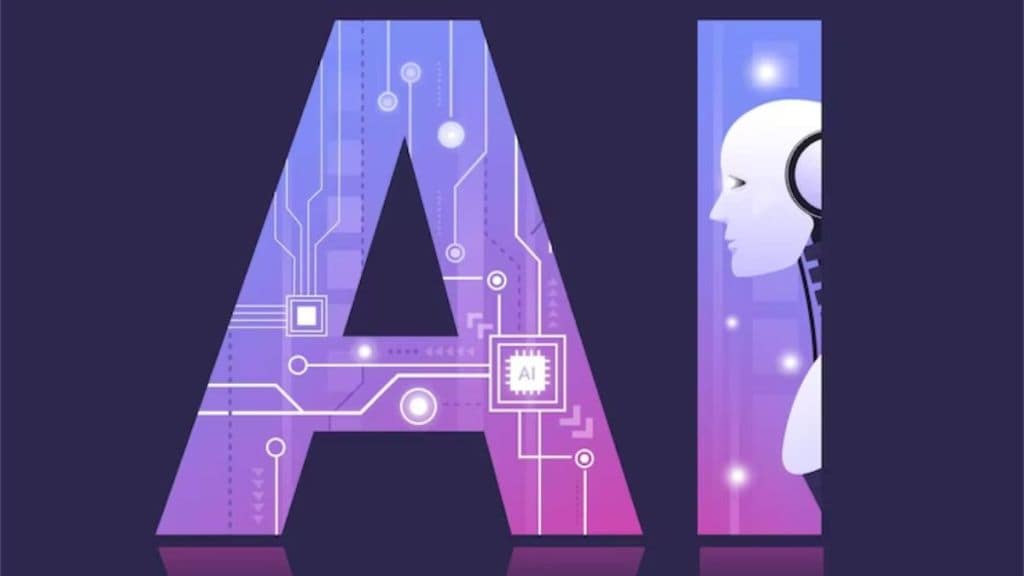By Phani Kumar Pullela and CVSN Reddy,
Artificial Intelligence (AI) is a burgeoning field of computer science that envisions creating an “on par” or even superior alternative to the human brain. One of the most promising branches within AI is Generative AI, which has made significant strides through large language models (LLMs) like ChatGPT. These LLMs process vast amounts of data, enabling them to understand writing style, grammar, persona, and more, thereby empowering them to create something new when prompted. With its ability to generate content on demand, Generative AI has emerged as an invaluable tool, potentially rivaling the productivity of one to even hundreds of humans.
Why is it essential to include the cause of generative AI in the core curriculum of universities?
Considering the immense potential of generative AI, it becomes imperative for universities to incorporate it into their core curriculum. The implications of this technology are far-reaching. As generative AI could equate to the productivity of multiple human workers, industries and corporations are likely to embrace it, making it an economically viable and essential skill. Regulatory bodies like AICTE and UGC recommend industry-ready curricula, and including generative AI in the educational framework aligns with this vision. Moreover, generative AI opens the door to customization and automation of repetitive tasks, making it a powerful technology that could challenge the dominance of the Indian software industry.
Why is acquiring knowledge in generative AI essential?
Acquiring knowledge in generative AI is essential for several reasons. Much like robotic automation in a factory, generative AI minimizes the need for human labor and drastically enhances efficiency. It extends beyond generating text and encompasses various applications, such as creating images, videos, cartoons, presentations, niche search engines through APIs, music composition, device defense strategies, security system enhancements, automated productive operations, remote equipment maintenance, identifying patterns for repetitive tasks, and much more. Its impact is already evident in fields ranging from education, industrial automation, gaming, data security, data analytics, hospital information systems, drug discovery, image processing, defense strategies, space exploration, mineral finding, predicting natural calamities, understanding purchase behaviors, banking fraud detection, chatbots, nuclear plant operations, and even performing surgeries.
Selection of qualified individuals to teach niche and specialised course
The need for qualified individuals to teach niche and specialized courses in generative AI is evident. There are two primary modes of operation in generative AI: prompting an existing model and building a generative AI model. Companies are actively seeking individuals who possess the intelligence to ask the right questions and prompt existing models, with salaries ranging from US$100,000 to US$400,000. Additionally, anyone can now leverage APIs and automation tools to harness the power of generative AI for research and commercial applications. Moreover, building custom generative AI models requires programming skills, as many companies prefer proprietary data and edge computing solutions. Generative AI is expected to remain a sought-after skill for at least a decade until it becomes an integral part of all existing business systems, akin to the next-generation ERP or SAAS solutions.
In conclusion, the rise of generative AI has ushered in a new era of possibilities and challenges across various industries. Incorporating generative AI into university curricula is essential to equip students with the knowledge and skills needed to thrive in a technology-driven world. Its potential to revolutionise productivity, creativity, and problem-solving makes generative AI a skill that will shape our future, affecting corporations, governments and everyday life.
The authors, Phani Kumar Pullela and CVSN Reddy are professors at the School of Computer Science and Engineering, RV University, Bangalore.

